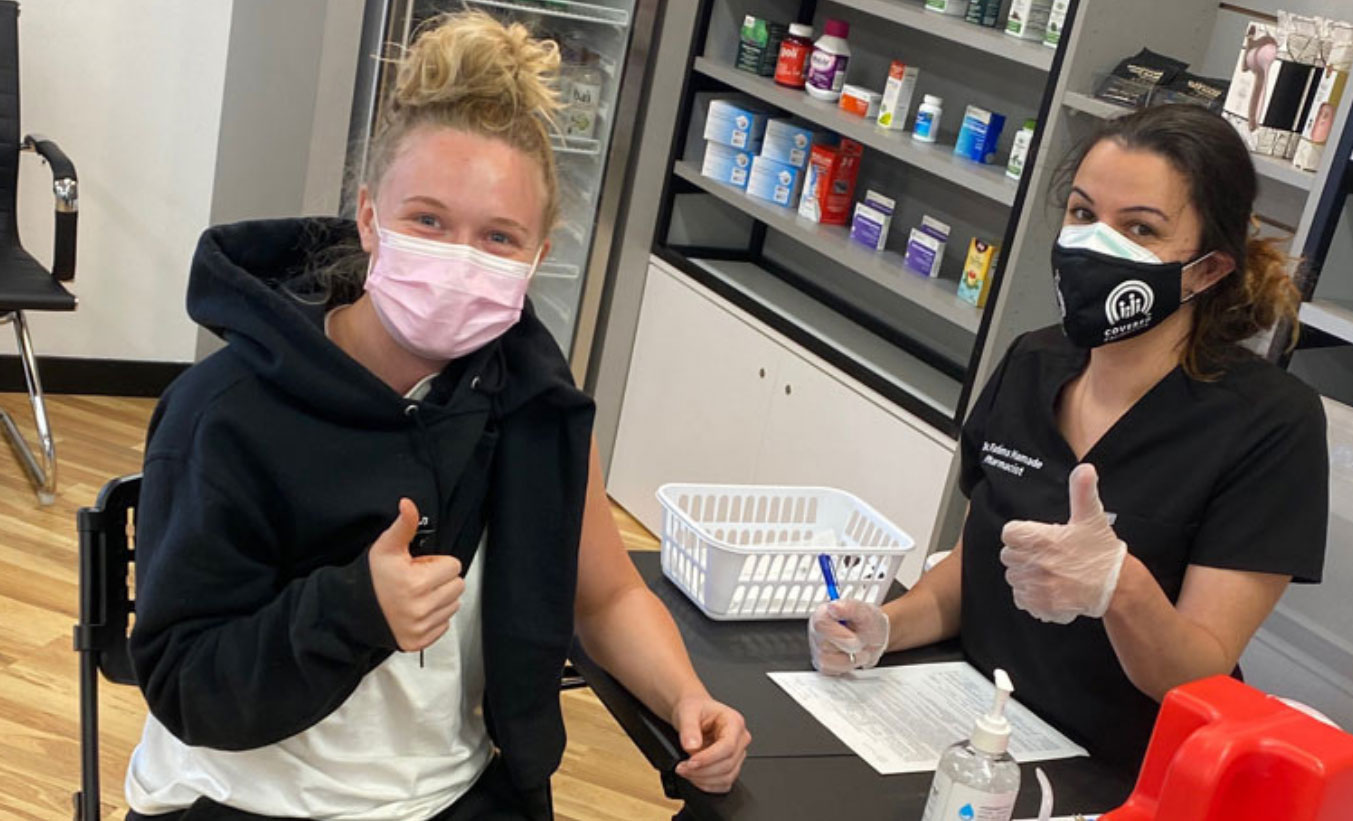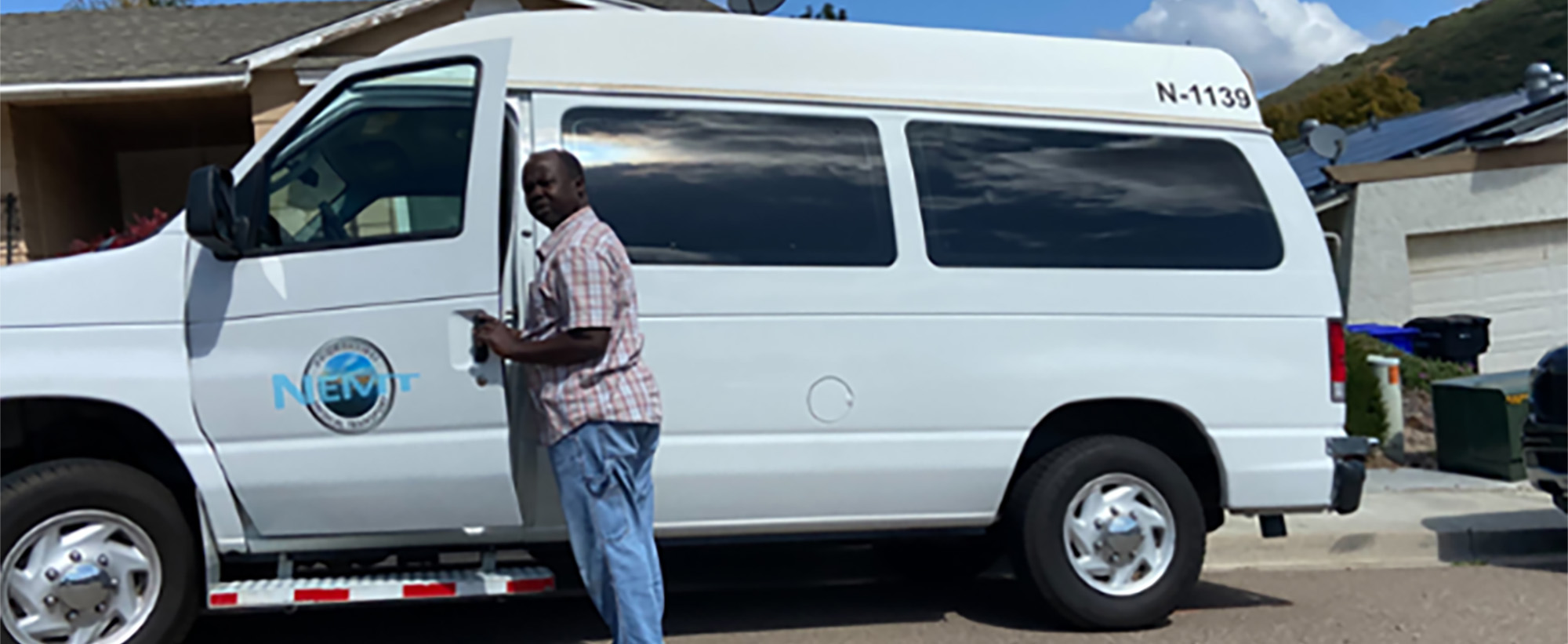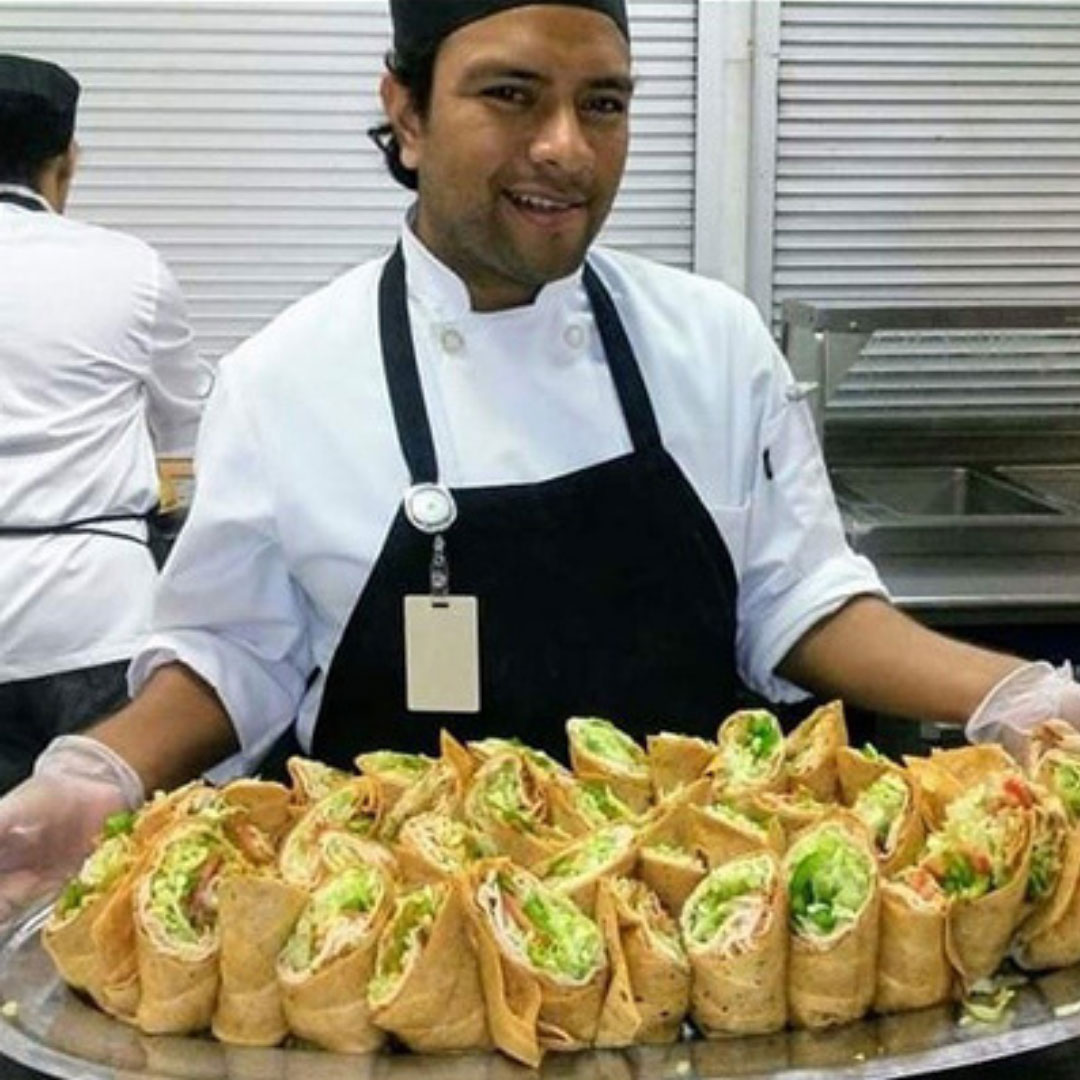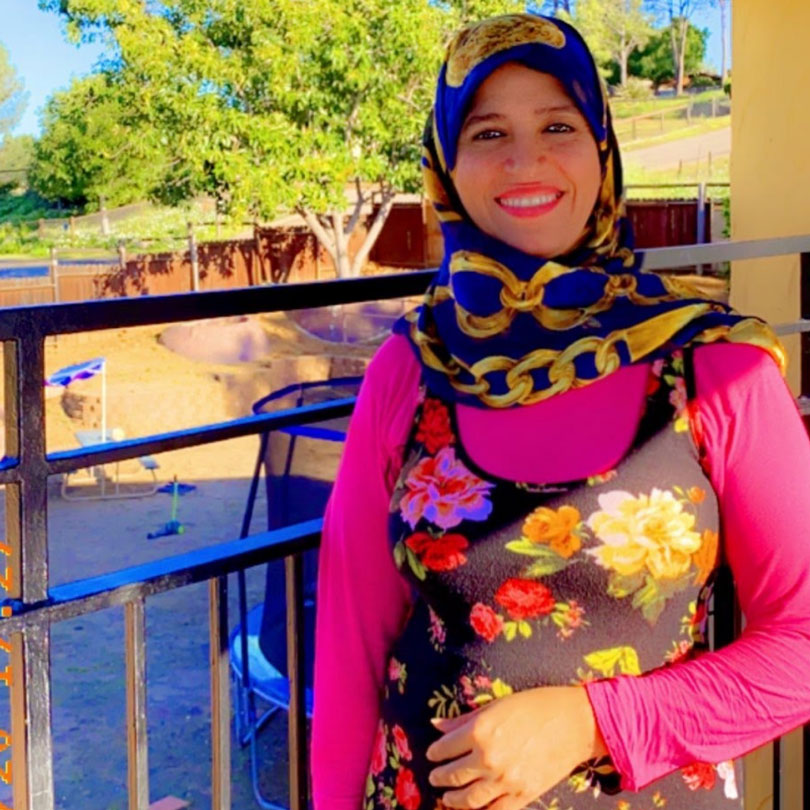The San Diego & Imperial SBDC Network Proudly Participates in the Inclusivity Challenge
Prosperity For All
The Inclusivity Challenge is a long-term commitment by the America’s Small Business Development Centers (SBDC) Network and its partners. The commitment builds upon existing efforts to help underserved and minority small business communities by establishing a clear path to empowerment as well as continued economic and community prosperity. America’s SBDC put a challenge to SBDCs across the nation. To critically examine communities within the SBDC’s service region which are underserved. To identify communities where the SBDC can deepen capacity to have meaningful results. To expand culturally and linguistically sensitive services tailored to achieving results. To share impact data which demonstrates the SBDC’s role in making a difference for underserved communities.
Be Part of the Conversation
The San Diego & Imperial (SBDC) Network accepted that challenge, and we’re proud to share some glimpses of the effects our teams are having. You can also follow and join the conversation on social media with #InclusivitySBDC.

Rancho Pharmacy
This new independent pharmacy on Avocado Boulevard in La Mesa, started offering COVID-19 vaccination appointments daily in spring 2021. The pharmacy launched during a pandemic, with the SBDC’s help, and became a community staple for the immunizations. Fatima Hamade used the SBDC to learn more about every aspect of her small business to start up including gaining key loans.
The pharmacist also shared about the months-long process to get the vaccinations — exploring options focused on lower-income and more vulnerable communities. Born and raised in Michigan, Hamade attended pharmacy school there and moved to San Diego in 2015. “I’m happy I’m open,” she says of the tumultuous last year. “I’ve always wanted to have my own pharmacy.”

Priority First Non-Emergency Medical Transport
James came to San Diego as refugee from South Sudan. He worked in different industries to support his family. Although he loved what he did, James always wanted to have his own business. He saved $30,000 but realized it wasn’t enough to start his non-emergency medical transport company. He went to different lenders but didn’t succeed as most lenders require businesses to be in operation for a year.
James was referred to the International Rescue Committee (IRC) SBDC. They worked with him to apply for a business loan from their IRC Center for Economic Opportunity (CEO). IRC CEO was able to take a chance on James by approving a $15,000 business loan during the pandemic. While he planned to cover the remaining, lesser expenses with his other employment, he lost his job due to the pandemic and couldn’t pay for business insurance — required for non-emergency medical transport.
James returned to the IRC. His advisor told him about the Pivot Business Grant from IRC CEO. Although his business still wasn’t quite in operation, IRC CEO took a chance on him again and approved him for the grant. James was later able to sign his first contract to take clients where they need to go.

José Antonio Luna Mandujano
José Antonio has a story of pain but also hope. Originally from Mexico’s Oxaqueña province, José immigrated to the United States but became a victim of human trafficking at age 35. Rescued by his parents, he one day told his story for an informative video in the States. Through that process, he connected with the SBDC in San Diego.
José worked with the SBDC to create a “mini restaurant” — or tamale stand — transportable as well as integrating tables, chairs, and decorations for a location. His approach is bringing the Oaxacan gastronomy to the States, helping it to not be forgotten but flourish, he says. The entrepreneur adds how the SBDC not only gave him the financial support, tools, and knowledge to serve as a restaurant manager in San Diego County but also reconfirms “that I am not a lost cause and that I am not and will not be what I was made to be.”
José credits the SBDC and his business advisor with wonderful help, understanding, support, dedication, and patience. He says today he’s finally conquering the American Dream.

Iktifa Altaie Family Childcare
Iktifa Altaie started her business as a family childcare provider because she enjoys taking care of children. She explains how the SBDC helped her with everything to start her business – but the most significant things, she says, was how the team helped her obtain her childcare provider licenses and certificates as well as financing and grants to launch the small business. (The team also helped her apply for the California Relief Grant during the pandemic and advised her on other COVID-19 relief funding options.)
Her business start-up funding sources included The San Diego Foundation as well as Women’s Empowerment International for her participation in the International Rescue Committee (IRC) SBDC’s Resiliency Bootcamp, which includes the workshops Digital Literacy, Finances 101, and Strengthening Your Online Presence.
The entrepreneur, who speaks Arabic, says she’s grateful to the SBDC team for helping her become an independent, working woman and making life better for her in the United States.



